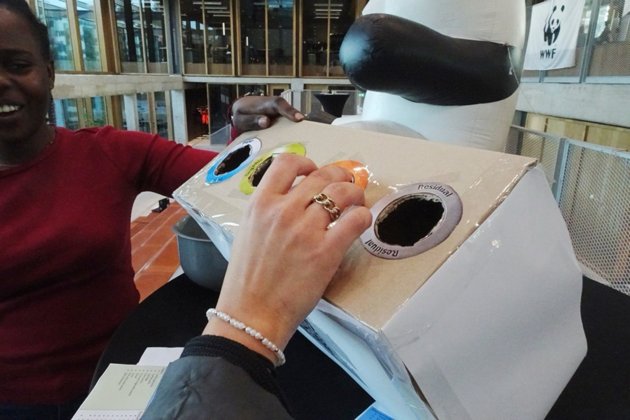Climate Change
Heat or Eat? What to do when energy poverty strikes?
6 min
Earth Overshoot Day marks the annual date when humanity has exhausted the supply of natural resources that Earth can regenerate within a year. It's an important date every year, as it represents the moment when we start using “borrowed” resources - that is, surpassing the ability of the planet to balance itself sustainably. In other words, from that day on to the rest of the year, we are operating in overshoot.
This concept - developed by the Global Footprint Network, an international research organization that focuses on ecological sustainability - was created to promote environmental awareness and to be used as a sustainability tool.
In 2024, Earth Overshoot Day will fall on July 28th. This is quite an early date, considering that the first Earth Overshoot Day recorded in 1987 fell on December 19th of that year. From this year until 2026, it's estimated that every Overshoot Day will take place one day earlier than the year before.
The fact that it takes place in July means that we need an estimate of 1.7 planet Earths to meet our yearly natural resources consumption. Only if we can reduce our ecological footprint and our resource consumption could we push Earth Overshoot Day to a date later in the year.
Earth Overshoot Day was the starting point for organizing an awareness raising event in the course “Game-Changers' Skills: Awareness Raising”. This course is designed for open-minded, creative, and self-aware persons who want to become more knowledgeable, inspirational, perhaps event a bit provocative, and stronger in communication about climate change. The participants of the 2023-24 edition raised awareness for better waste separation. They supported the ambitions of the UT and World Wildlife Foundation (WWF) and the Green Hub Twente with this event: to enable better reuse and recycling of materials, reduce the overexploitation of our planet and to help push back Overshoot Day.

